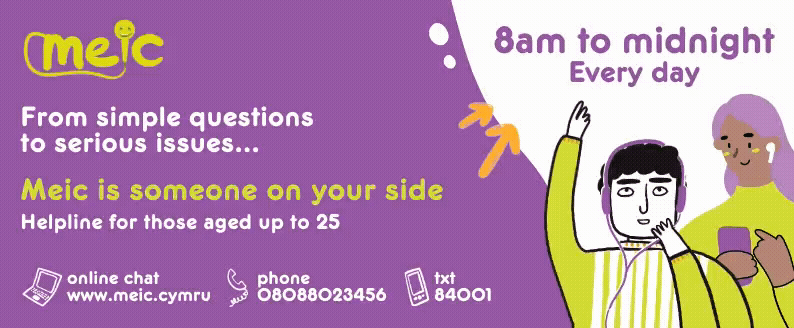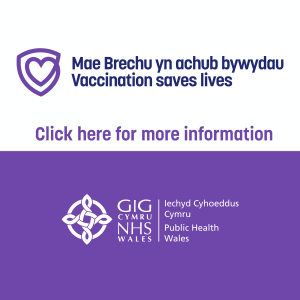Meningitis and Measles: Protect Yourself

If you’re aged between 18 and 24 it’s likely that there are, or will be, big changes in your life. With these changes it’s really important that you keep up to date with your vaccinations. Meningitis and Measles are very serious diseases so you need to be vaccinated.
I ddarllen yr erthygl hon yn Gymraeg, clicia yma
There are lots of changes in your lives when you reach 18, you might be moving in with friends, starting a new job, college or university. You start mixing more closely with groups of other young people. Living, socialising and studying together means diseases like measles and meningitis can easily spread. Making sure you’re vaccinated keeps everyone safe from conditions that can have really serious complications.

What is measles?
Measles is a highly infectious viral illness that causes a fever and a rash as well as other symptoms. The disease can be caught through direct contact with an infected person, or through droplets in the air from coughs or sneezes.
Why should I get the measles vaccine?
MMR, the vaccination for Measles, Mumps and Rubella, is given in two doses usually at 1 and 3 years old. Most people will have had these vaccinations but some may have missed them due to health reasons or because their parents decided not to vaccinate them (possibly due to a dangerous report that has since been condemned and disproven). The complications from catching measles can be very serious and so it’s really important that as many people as possible are vaccinated against it.
To check if you’ve had the two MMR vaccinations ask your parents or guardians, or contact your GP. For further information about the MMR vaccine check out the article from our archive Measles – Are You Vaccinated?
Check out this information from NHS Wales:
What is meningitis?
Meningitis is serious viral or bacterial infection that causes inflammation of the membranes that protect the brain and spinal cord. The meningitis vaccine protects against meningococcal groups A, C, W and Y.
Meningitis can strike very quickly with symptoms including headache, vomiting, muscle pain, fever, cold hands and feet, and a rash that doesn’t vanish when a glass is pressed against it gently. It’s spread through close contact when people cough, sneeze or kiss.
Why should I get the meningitis vaccine?
Because meningitis strikes so quickly, and the consequences can be so serious, it is really important to get vaccinated as soon as possible. The effects of meningitis can be very, very serious from permanent brain or nerve damage, to death.
The MenACWY vaccine is usually given in year 9. If you didn’t get the vaccine, and you’re under 25 years old, then the NHS advises you to get vaccinated as soon as possible by contacting your GP. The vaccine is just one injection in the upper arm.
Check out this information from NHS Wales:
Both measles and meningitis can have very serious complications but there are vaccinations that can reduce the risks. Vaccinations save lives. Make sure that you’re up to date.
Want to talk it through with someone? Meic is always here to listen and offer advice about anything. We’re available by phone, text or DM between 8am and midnight every single day.





















